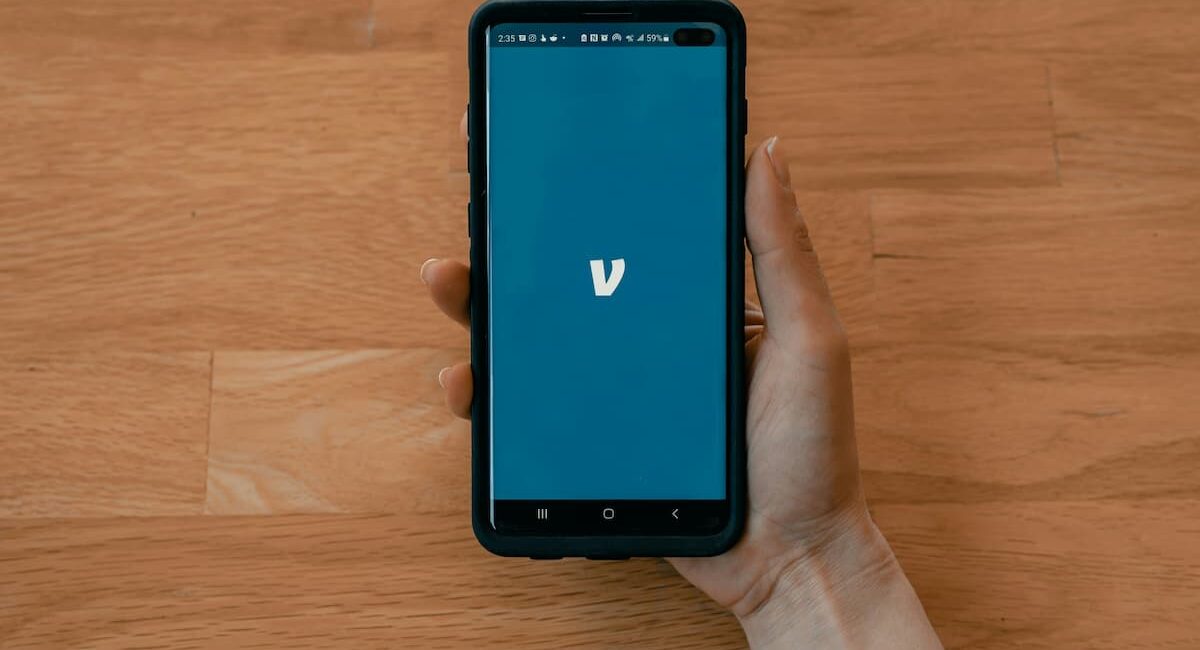Venmo generated headlines this week after Oklahoma quarterback John Mateer was previously found to have used the service to send two “sports gambling” related payments to a former teammate.
Mateer, who has since deleted his Venmo account, denied ever betting on sports and attributed the posts to inside jokes with friends.
Whatever the case may be with Mateer’s situation, one thing’s for certain: Angry gamblers have taken more and more to Venmo to unleash frustrations about losing bets on athletes.
In many cases, they’re also asking for refunds. It’s become standard practice in the digital age of sports betting.
Golfers Assume Summer Spotlight on Venmo
Pro golfer Max Homa recorded his best finish of the season — a T-5 in last month’s John Deere Classic — and received a Venmo request for $1,900. “Bc you can’t putt under pressure,” the accompanying message read.
That was a relatively tame incident for Homa, who explained taking a hiatus from social media in his pre-tournament press conference.
Homa said: “I don’t know if it’s the gambling world or whatnot. I’m happy they can do it because it seems fun as hell in golf, but people say some bad, bad things. You get people telling you you should die on the Internet.
“It has nothing to do with not connecting. I love connecting with people, but I try to do it in person a bit more because I have yet to meet somebody in person who has said something even remotely mean.”
World No. 1 Scottie Scheffler took things a step further and deleted his Venmo account “because he was tired of the interactions he would have with fans on the platform.”
Scheffler, whose recent dominance makes him the betting favorite in any tournament he enters, stated: “I was either getting paid by people or people were requesting me a bunch of money when I didn’t win, it wasn’t a good feeling.
“But no, I don’t pay attention to the favorite stuff or anything like that. The most that somebody would send me was a couple of bucks here or there. That didn’t happen nearly as much as the requests did.”
Venmo Offenders Face Potential Ban From Platform
Venmo, founded in 2009, bills itself as the “app for fast, safe, social payments between friends.” Users can allow anybody to “see what their friends are paying and receiving, if they choose to make that public,” as seemingly was the case for Oklahoma’s Mateer.
Given the social aspect built into Venmo — and human nature being what it is — problems can arise when anonymity and money are involved. A Venmo spokesperson told ESPN: “Ensuring a safe and positive experience on Venmo is a top priority.”
“Venmo users are prohibited from acting in a manner that could be considered harassment. When we become aware of this taking place on the platform we take immediate action, including potentially banning users from the platform.”
‘Zero Accountability’ as Online Abuse Continues in Other Sports
Earlier this month, Elina Svitolina became the latest tennis player to receive death threats after a straight-sets loss to Naomi Osaka in Montreal. England’s Katie Boulter endured similar abuse at the French Open.
Baseball’s seen its fair share of concerning incidents this season, as well. Astros pitcher Lance McCullers Jr. and his family received death threats from an intoxicated overseas bettor. Washington Nationals first baseman Nathaniel Lowe reported similar abuse, commenting: “‘Kill yourself’ shows up pretty often.”
There are no easy answers when it comes to addressing the ills of social media, much less enforcing any real sense of accountability in the face of anonymity.
Retired tennis player Mardy Fish, now an accomplished golfer, aptly summed up the sad state of affairs.
Fish stated: “The Venmo request seems pretty funny and easy in a ‘haha’ funny way of like, ‘Hey dude, I bet 20 bucks on you, you owe me 20 bucks. Can’t believe you didn’t win.’ ‘Yeah, screw off, whatever.’
“It’s when they get personal and they start really attacking. Max (Homa) is a buddy of mine, so I saw what he posted after his final round in John Deere and it’s gross. These people would never say it to your face, and they just feel so comfortable with this social media stuff that there’s no accountability. There’s zero accountability.”
More Information & Source
Original Source:
Visit Original Website
Read Full News:
Click Here to Read More
Have questions or feedback?
Contact Us


